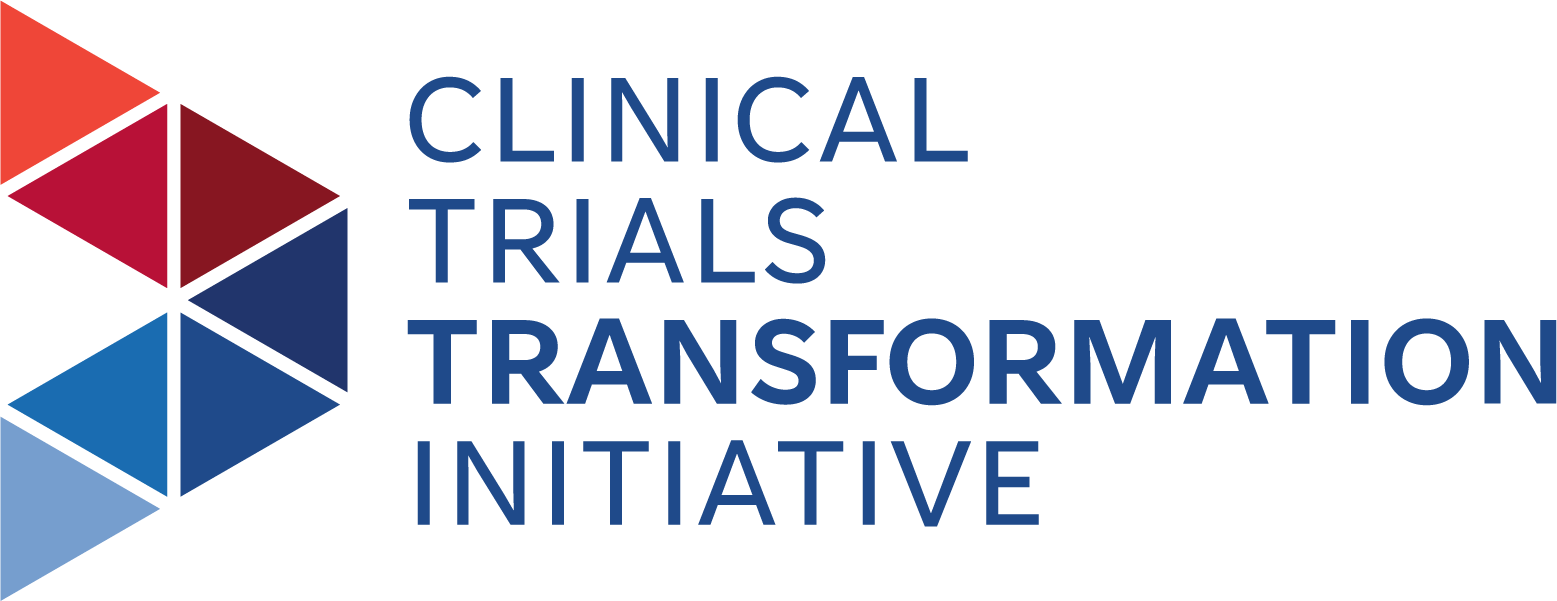Inclusion of the Patient Voice Speeds Horizon's Trials
Horizon and FARA Apply CTTI's Patient Group Engagement Recommendations
SUMMARY
When Horizon Therapeutics
acquired a potential treatment for the ultra-rare Friedreich's Ataxia disease,
it knew that knowledge gaps in understanding disease progression, biomarkers,
and toleration of clinical procedures would make completing the required
research challenging. In such a rare disorder, the voice of the patient can
offer a wealth of knowledge. That's why Horizon partnered with the patient advocacy
group, Friedreich's Ataxia Research Alliance (FARA), via the use of CTTI's Patient Group Engagement (PGE) recommendations to tap that knowledge and
increase the trial's chance of success.
GOAL(S)
According
to the NIH Office of Rare Diseases Research, there are more than 7,000 known
rare diseases, and only five percent of them have an available approved
treatment. In an effort to beat those odds, Horizon joined forces with FARA in the
development of its Phase 3 study to evaluate the use of ACTIMMUNE (interferon
gamma-1b) in improving outcomes associated with Friedreich's ataxia (FA). FA is
a rare degenerative neuromuscular disorder that results in loss of strength and
coordination in the arms and legs, reduction of vision, hearing and speech,
scoliosis (curvature of the spine), increased risk of diabetes, and severe
heart condition. FARA had previously supported an investigator-initiated
pre-clinical study and a Phase 2 clinical study of ACTIMMUNE to treat FA.
CHALLENGES
There
are currently no FDA approved FA treatments or cure for the disease. Because the rare disorder impacts
only about 5,000 people in the United States and about 15,000 worldwide, prior
to FARA's establishment in 1998, funds were scarce for research on FA. There
was also little interest from the pharmaceutical industry because FA represented
such a small market, and the lack of natural history on the disorder posed
additional barriers-- such as knowledge gaps in understanding the cause of the
disorder, function of the disease protein, disease progression, biomarkers, and
toleration of clinical trial procedures. Horizon initiated the development
program investigating the potential for ACTIMMUNE for the treatment of FA after
acquiring Vidara Therapeutics in 2014. Rather
than follow the traditional "go it alone" rare disease playbook in the clinical
development and trial design, Horizon partnered with FARA's patient community
as a resource to improve its chances of success.
SOLUTION(S)
Horizon and FARA leveraged CTTI's PGE project recommendations on best practices to underpin their partnership. The recommendations, which were released in 2015, support patient engagement across the research and development continuum. Horizon and FARA were both collaborators in the development of the PGE recommendations, which allowed them to draft their ideal incorporation of the patient voice in clinical development and simultaneously put those ideals into action.
TAKING ACTION
Per CTTI's recommendations for research sponsors and patient groups, Horizon brought FARA's patient insights into for the ACTIMMUNE protocol development process early on. The partners met with key opinion leaders and leveraged FARA's patient ambassador program to get the FA community more engaged. Horizon and FARA collaborated on disease characterization, access to clinical experts, and validated outcome measures for clinical planning. The FA community also offered significant input to the ACTIMMMUNE clinical team in developing the protocol for the Phase 3 study. This included scoping discussions on FARA's natural history database (a 15-year endeavor, which FARA considers to be its most valuable resource), mining for biomarkers, and collaboration with patients into the toleration of procedures in the protocol design to increase the shots on goal for ACTIMMUNE. FARA also helped Horizon with subject selection given the therapeutic approach for ACTIMMUNE, as well as selection of clinical trial sites in FARA's Collaborative Clinical Research Network for FA.
IMPACT
Horizon and FARA successfully developed and executed the Phase 3 placebo-controlled ACTIMMUNE trial, which enrolled 92 patients at four clinical sites, representing FARA's largest study involvement to date. The study had a compressed timeline, which Horizon largely credits to FARA's patient registry and community support. Enrollment was gated, so no site was overwhelmed. In addition, there were no screening failures, no amendments across the duration of the study (virtually unheard of in clinical research), and no adjustments for eligibility criteria. The study was completed on time, and the analysis conducted efficiently.
Although the Phase 3 trial was unsuccessful, both Horizon and FARA view their partnership's ability to bring to life CTTI's PGE recommendations as a model for other organizations to emulate. The inclusion of patient insights also positively influenced the partners' relationship with regulators, who appreciated that they were presented with not only science, but also emotion, to emphasize the need for a FA cure. Also, because both Horizon and FARA were absolutely convinced that their partnership, with its firm foundation in CTTI's PGE recommendations, was completely effective, they continue to seek additional opportunities to work together to develop treatments for FA.
ADVICE
Horizon and FARA advise that future patient group/sponsor collaborations that seek to follow their model read not only the PGE recommendations, but also the introductory material, which speaks to how and why the patient voice is appropriate, and, indeed, vital, to research efforts.
ORGANIZATION
Horizon Therapeutics [Acquired 2023]
Friedreich's Ataxia Research Alliance
ORGANIZATION TYPE
Industry
Patient
IMPLEMENTATION DATE
2015
TOPIC
Patient Engagement
